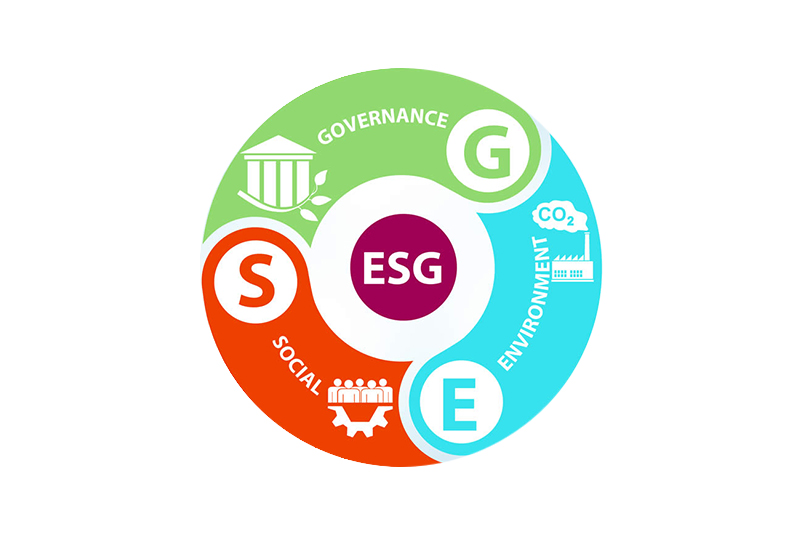The company’s involvement in ESG (Environmental and Social Governance) criteria
Introduction
The ESG (Environmental, Social, and Governance) criteria have become essential indicators for evaluating the societal and environmental impact of companies. These criteria go beyond financial performance by considering aspects such as ecological sustainability, social responsibility, and management transparency. Society’s involvement in adopting these criteria is crucial to promoting sustainable and balanced development.
Understanding ESG Criteria
1. Environmental Criteria
These criteria focus on the impact of human activities on the planet, including:
- Managing carbon emissions.
- Efficient use of natural resources.
- Preserving biodiversity.
- Reducing waste.
2. Social Criteria
Social aspects relate to the relationships between companies and their stakeholders, including:
- Respect for human rights and working conditions.
- Promoting equality and diversity.
- Community engagement and philanthropy.
- Ensuring employee safety and well-being.
3. Governance Criteria
These focus on how companies are governed and managed:
- Transparency in decision-making.
- Combating corruption and unethical practices.
- Representation of women and minorities in leadership positions.
- Independence of boards of directors.
Societal Involvement in ESG
The Role of Businesses
Businesses can play a significant role by integrating ESG criteria into their global strategy. This can include:
- Adopting green technologies.
- Implementing social programs for employees and communities.
- Strengthening financial and operational transparency.
The Role of Investors
Investors have substantial power to influence companies to adopt ESG practices by directing their funds toward responsible organizations. Ethical investing is rapidly growing, thereby fostering a more sustainable economy.
The Role of Citizens
Individuals can encourage ESG practices by:
- Supporting ethical and responsible companies.
- Demanding greater transparency regarding corporate practices.
- Raising awareness about the importance of ESG.
The Benefits of Increased Involvement
- Environmental Benefits: Reducing carbon footprints and better resource management.
- Social Benefits: Improving working conditions and strengthening human rights.
- Economic Benefits: Reducing financial risks associated with unsustainable practices.
- Societal Benefits: Building trust and fostering social cohesion.
Conclusion
Societal involvement in ESG criteria is a vital step toward building a sustainable and ethical future. Every stakeholder—be it businesses, investors, or citizens—can play a crucial role in this transition. Together, we can create a more responsible economy and a fairer world.


